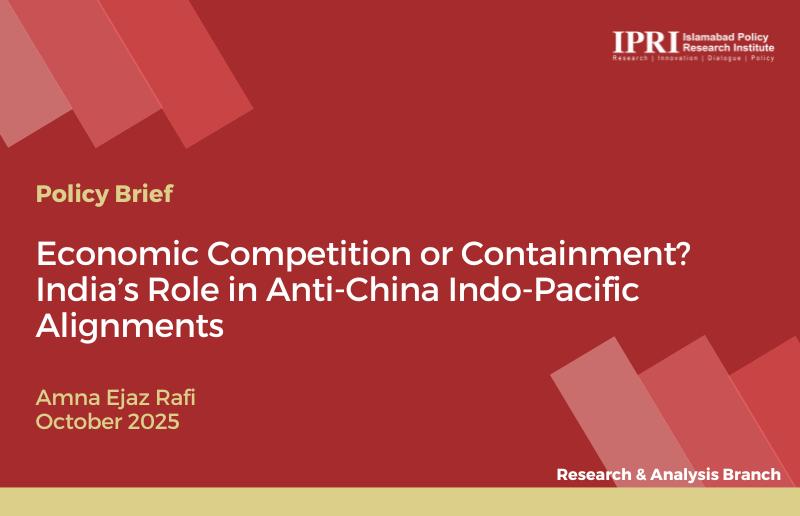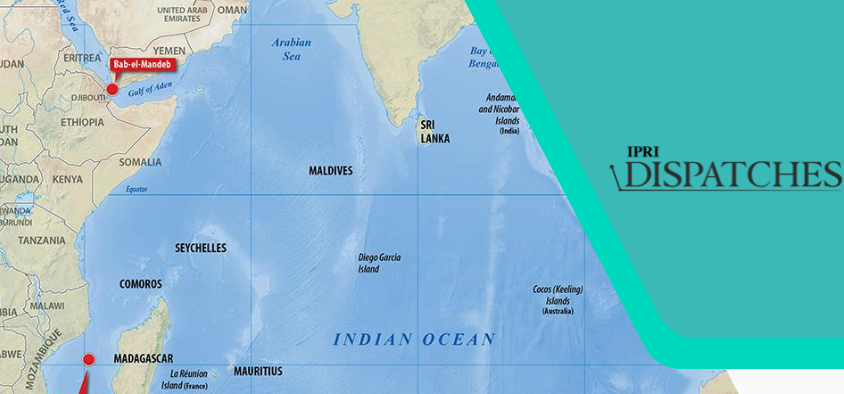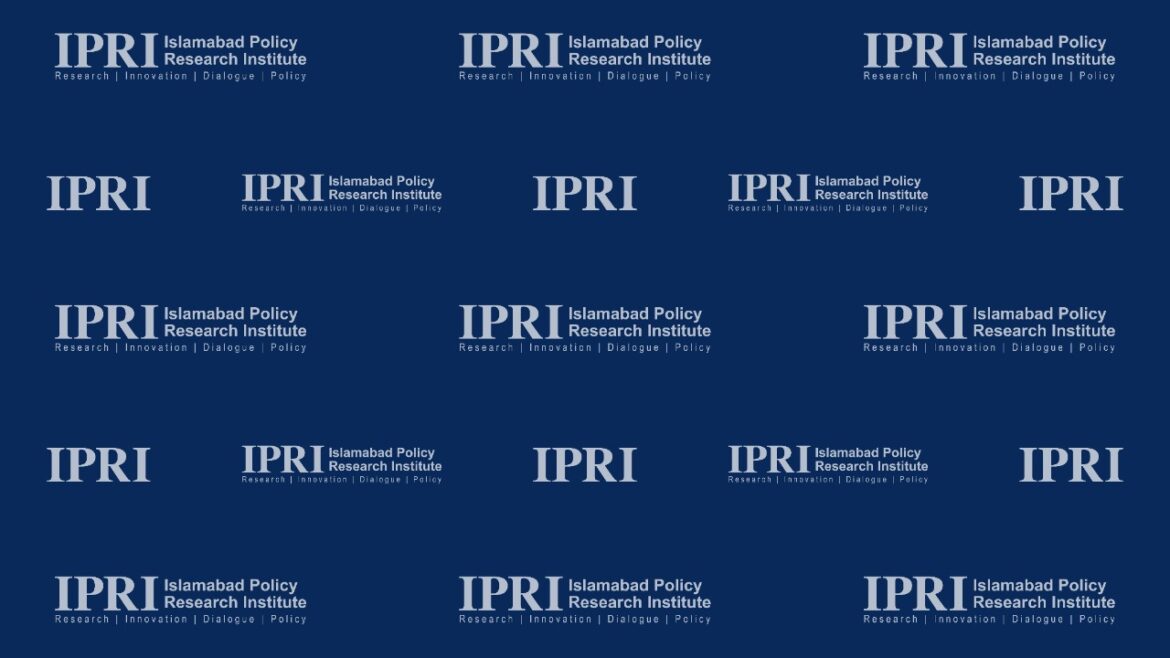
Download
ndo-Pacific and Quadrilateral Security Dialogue (Quad) often construed from the prism of geographic coupling of Pacific and Indian Oceans, and maritime security are, in actual geopolitical developments reflecting the competitive tendencies in region. India is exploiting the competitive tendencies in Indo-Pacific region…


